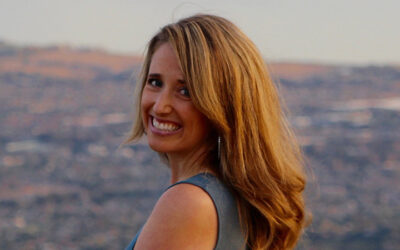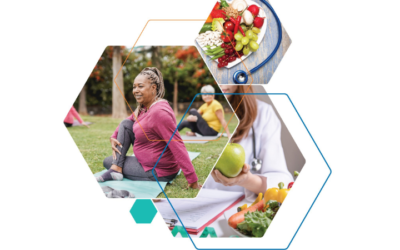 A plant-forward diet may be an effective way to reduce the risk of contracting several types of common cancers. Researchers from Oxford University conducted a large-scale analysis of diet and cancer risk using data from the UK Biobank study (a database of detailed genetic and health information from nearly 500,000 British people).
A plant-forward diet may be an effective way to reduce the risk of contracting several types of common cancers. Researchers from Oxford University conducted a large-scale analysis of diet and cancer risk using data from the UK Biobank study (a database of detailed genetic and health information from nearly 500,000 British people).
Compared with regular meat-eaters, they found the risk of developing any type of cancer was 2 percent lower for low meat-eaters, 10 percent lower in pescatarians and 14 percent lower in vegetarians. Most evidence showing an association between lower cancer risk and vegetarian or pescatarian diets seemed to suggest that greater consumption of vegetables, fruits and whole grains may explain this lower risk – indicating the important role of plant-based, whole foods in helping keep us healthy.
Read the whole article here, as well as a summary by the authors here, to learn more about the study and its implications.
Kristen Weiss is a PhD scientist and long time vegan with a background in ecology, natural resources, and socially-conscious conservation. She has been a science communicator with Stanford’s Center for Ocean Solutions and the NSF-funded Long Term Ecological Research Network, and continues to work at the intersection between science, society, wellness, environment, and ethics across a variety of media and platforms.
Ingrediente Destacado: Construyendo Sabor con Aromáticos
Certain herbs and vegetables build delicious flavors in our favorite dishes! Plant-based foods that create a strong,...
Aspecto destacado del socio: Veggie IQ
Katie Kinsella is the Project Coordinator for Veggie IQ, a new initiative at Sansum Diabetes Research Institute. She...
El condado arraigado de Santa Bárbara se asocia con el Colegio Estadounidense de Medicina del Estilo de Vida para invertir en la fuerza laboral de atención médica del condado
Rooted Santa Barbara County y el American College of Lifestyle Medicine (ACLM) han lanzado una asociación local...
Apoyando nuestro trabajo : actualmente somos una organización de voluntarios y vemos un espacio increíble y necesitamos crecer durante el próximo año. Entendemos que este momento presenta enormes desafíos para todos, por lo que, si bien buscaremos apoyo para ayudar a hacer avanzar nuestra visión, también estamos pensando de manera creativa para mantener nuestros costos bajos para generar recursos de manera eficiente y ofrecer programación a bajo costo o sin costo alguno. nuestra comunidad. Si desea apoyar nuestro trabajo, esperamos que considere hacer una donación a uno de nuestros programas de donaciones a través de nuestro socio comunitario, ¡ la Fundación Santa Bárbara !



